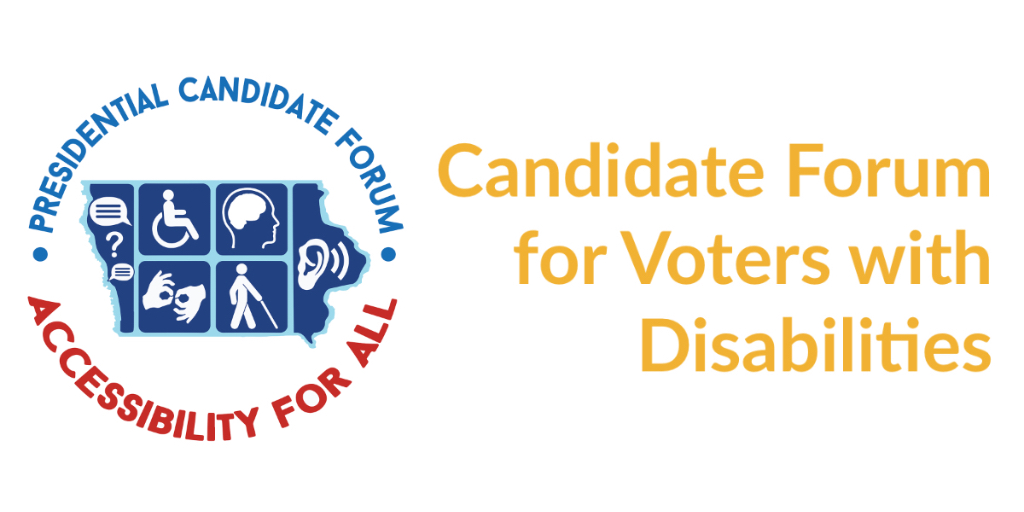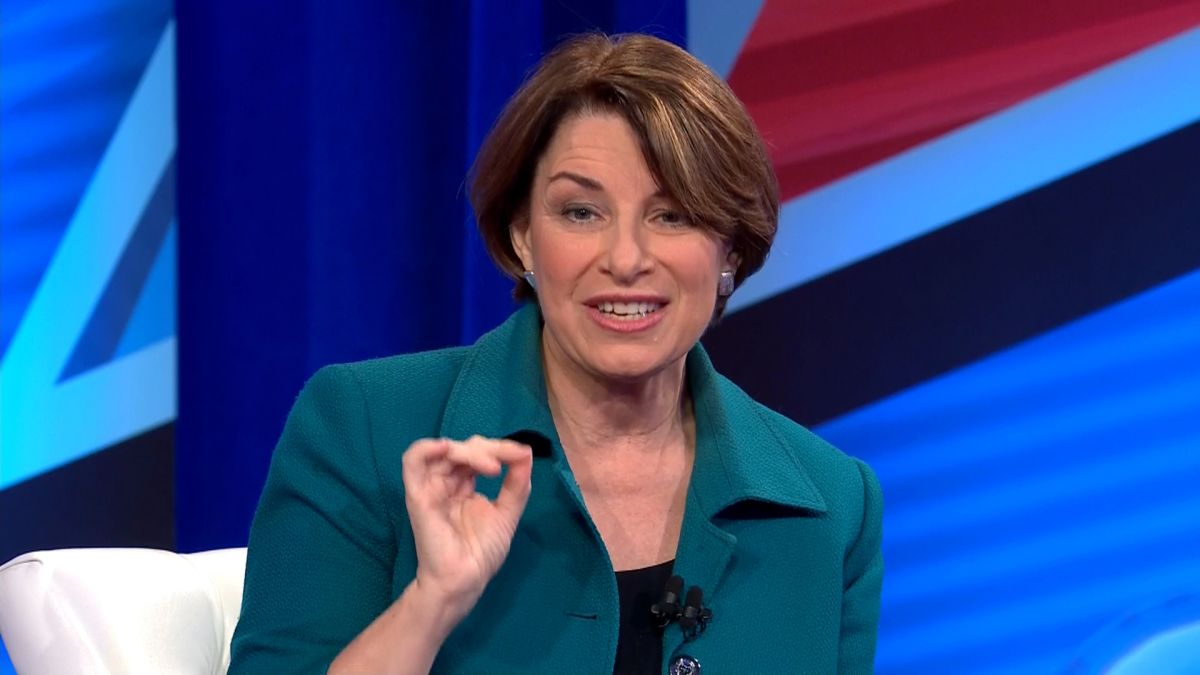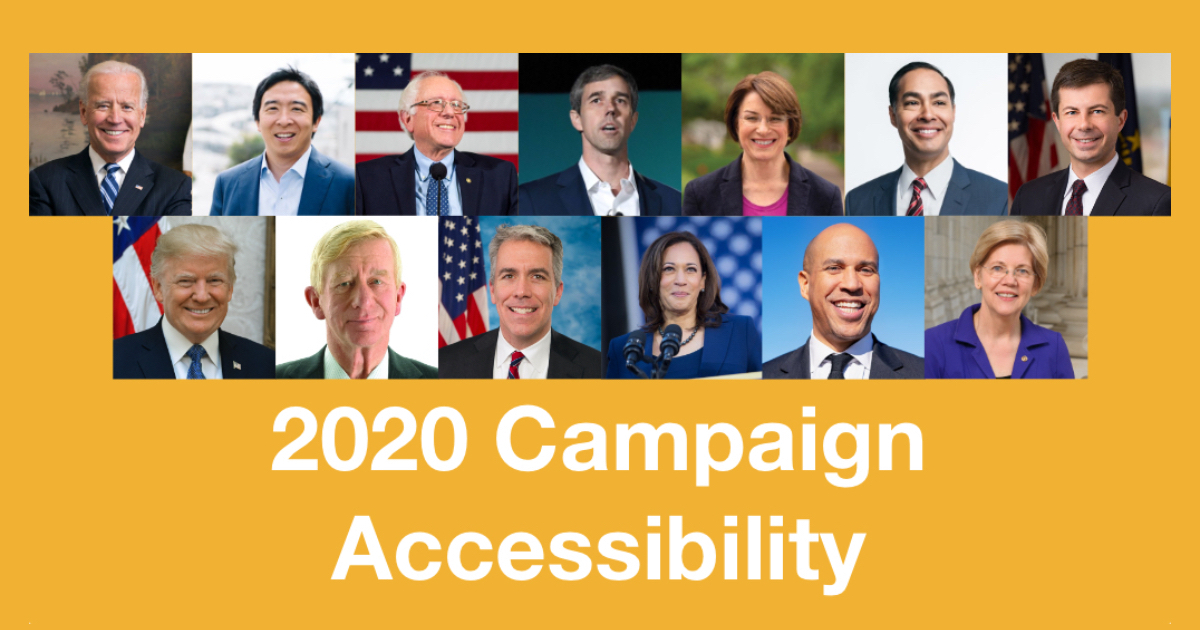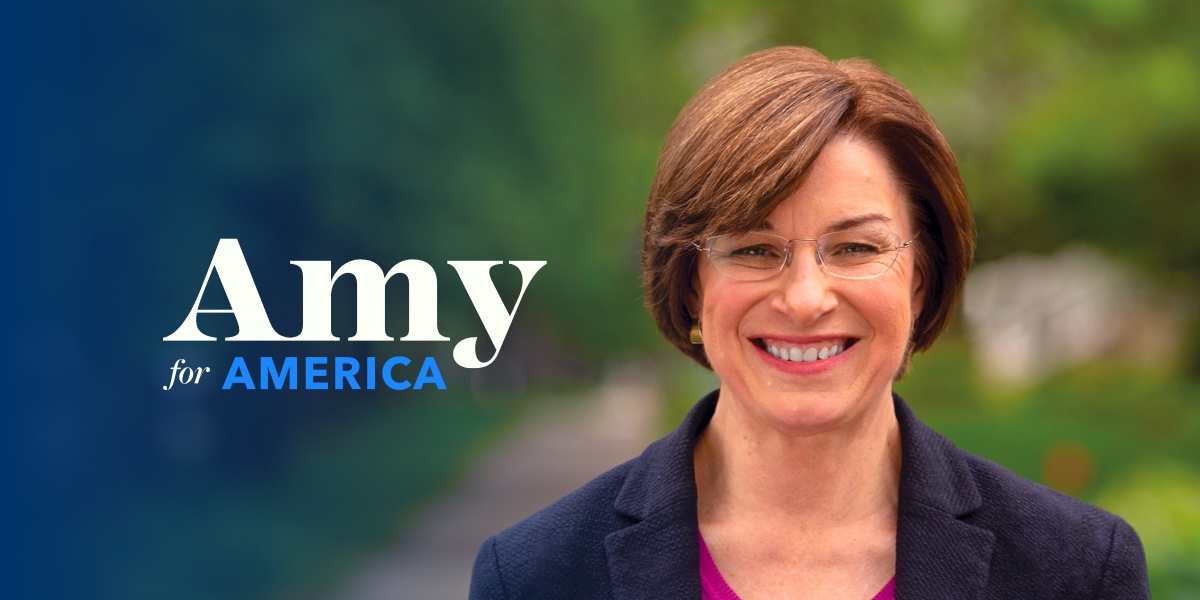Manchester, New Hampshire, Feb. 19 – Words heard during the CNN Presidential Town Hall with presidential hopeful Sen. Amy Klobuchar (D-MN) included “Down syndrome,” “diabetes,” “alcoholism,” “addiction” and “autism.” During similar 2016 town halls on both sides of aisle, this did not occur, especially during the early part of the election season.
According to the Census Bureau, more than 56 million Americans live with some form of disability. This can include visible conditions such as spinal cord injuries, visual impairments or hearing loss to people living with invisible disabilities such as learning disabilities, mental health or Autism.
“The disability community is the only minority anyone can join at any time due to accident, illness or injury,” said former Representative and Dallas Mayor Steve Bartlett. Bartlett is the chairman of RespectAbility, a Washington-based nonpartisan nonprofit that fights stigmas and advances opportunities so people with disabilities can participate in all aspects of community.
Personal Connection to Disability
“I grew up in a family with alcoholism and addiction,” Klobuchar said when asked how being the daughter of an alcoholic affects her stance on health and addiction policy. “I had a lot of times in my life where I was taking the keys away or seeing him drink in the basement and it was a hard thing.”
She also shared a story of how when her daughter was born, she was unable to swallow yet kicked out of the hospital after 24 hours without help. Nearly a third of U.S. families have at least one member with a disability and 10 percent have at least one child with a disability. It is vital for leaders to share personal experiences with all types of disabilities – including addiction – to help reduce stigma surrounding them.
Klobuchar talked about how her state of Minnesota “has a lot of great treatment that I want to bring to the entire country, so everyone has this great treatment.”
“We need to make sure we are there for people, that we have treatment,” she added. “In the criminal justice system, we’re humane, that we use drug courts because once people get good treatment, they can get through anything.”
More than half of the audience raised their hands when asked if they were affected by the opioid crisis during the town hall. Responding to a question on how she would combat the opioid epidemic, Klobuchar said to “change prescribing habits across the country” and to fund treatment for addiction. What she did not mention, however, is that some people with chronic pain and other disabilities need opioids and use them responsibly.





